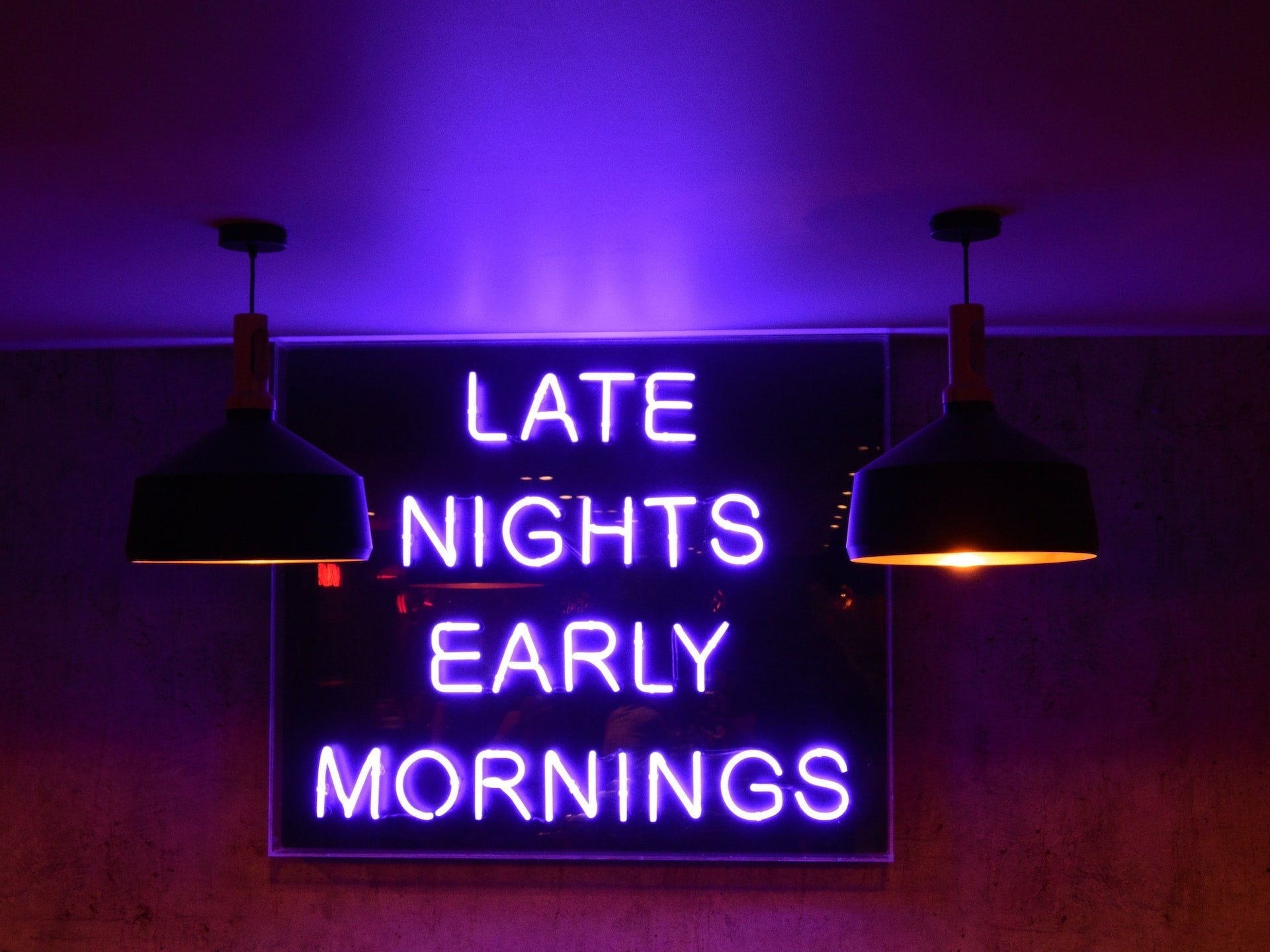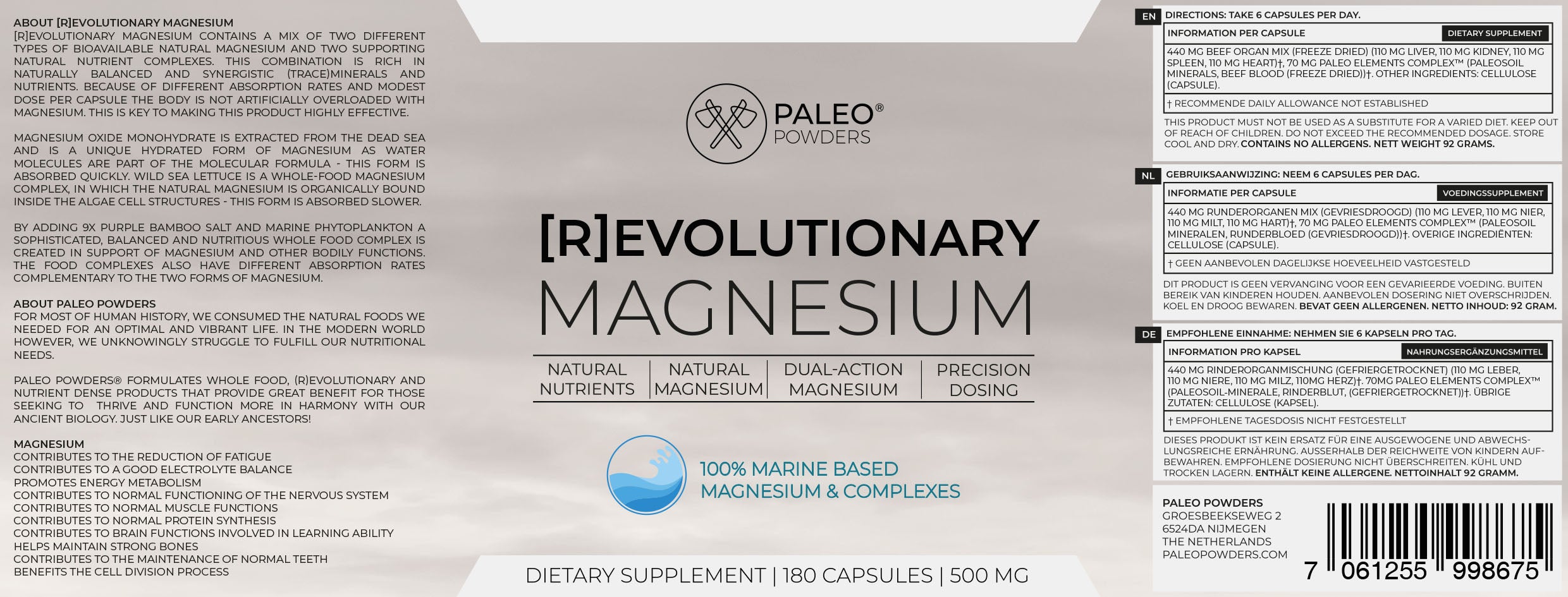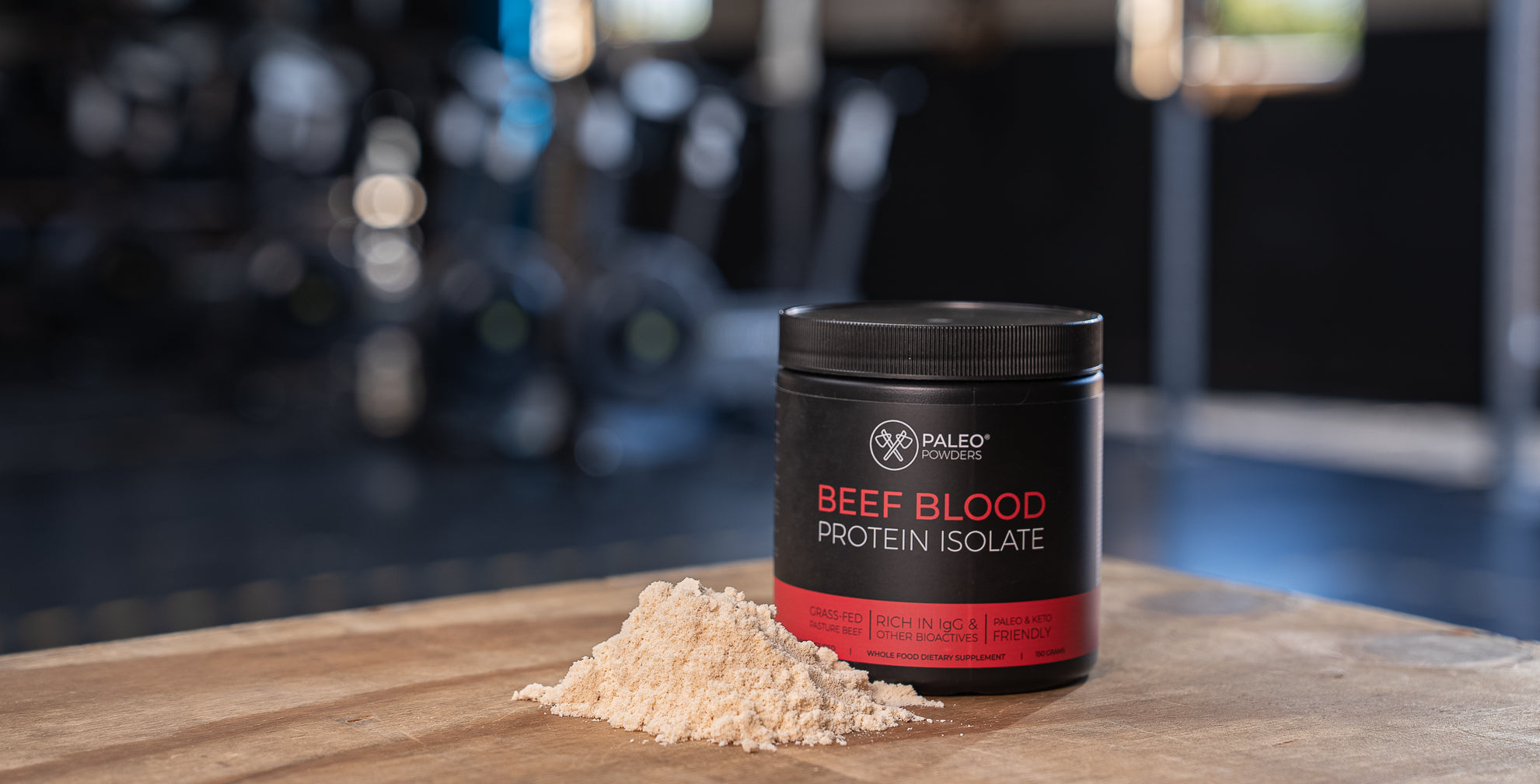
The influence of blue light on your sleep
The Importance of Sleep
Sleep is an essential part of our daily lives and plays a crucial role in maintaining both physical and mental health. While we sleep, our body undergoes several important processes, including the regulation of hormones.
Role of Hormones in Sleep Regulation
Hormones are produced by glands in the endocrine system. They play a crucial role in regulating various bodily functions, including sleep. During sleep, our body releases various hormones, including melatonin, growth hormone, and cortisol.
Key Hormones During Sleep
Melatonin is a hormone that helps regulate our sleep-wake cycle, also known as the circadian rhythm. Melatonin production is triggered by darkness and it helps us fall asleep and stay asleep. On the other hand, the hormone cortisol is released during the day and helps us stay alert and awake.
Modern Challenges to Sleep Hormones
However, modern life has introduced several factors that can disrupt the natural production and regulation of these hormones, leading to sleep problems and other health problems. One of these factors is blue light, which is emitted by electronic devices such as cell phones.
Evolution of Artificial Blue Light
Blue light has always been present in the natural environment in the natural spectrum, but in the form of sunlight, which cannot be compared to isolated artificial blue light. The sun is the primary source of blue light and has been around for billions of years. However, the widespread use of artificial sources of monotonous blue light is a relatively recent development.
The first artificial source of blue light is believed to be the gas lamp, which was invented in the early 19th century. Gas lamps used a mixture of hydrogen and oxygen to produce light and were used to illuminate streets and homes. Other sources of artificial blue light include LED lamps, which have become increasingly common in recent decades. The proliferation of electronic devices such as smartphones, tablets, and TVs has also contributed to increased blue light exposure. These devices emit blue light and are often used late into the night, disrupting the natural sleep-wake cycle and potentially leading to sleep problems.
Impact of Blue Light on Sleep
Blue light has a shorter wavelength and higher energy compared to other types of light and has been shown to suppress the production of melatonin, making it harder to fall asleep. This is because our bodies have evolved to associate blue light with daylight and the waking state, and exposure to blue light at night can confuse the body's natural sleep-wake cycle.
Historical Sleep Patterns
In the past, people relied on the sun's natural light to regulate their sleep-wake cycle. They were active during the day and slept at night, using the natural patterns of light and darkness to get the rest they needed. However, the widespread use of artificial light and the proliferation of electronic devices expose many people to artificial blue light well into the night, disrupting their natural sleep-wake cycle and causing sleep problems.
Minimizing Blue Light Exposure
There are several ways to minimize the negative effects of artificial blue light on sleep, including using blue light blocking glasses, reducing the use of electronic devices in the hours before bed, and using warm-colored lamps in the bedroom.
Additional Strategies for Better Sleep
- Regular exercise
- Exposure to sunlight (the full spectrum of light) during the day
- Practicing relaxation techniques such as meditation or deep breathing
- For example, taking a high-quality magnesium supplement.
Magnesium and Sleep
Magnesium plays a crucial role in many bodily functions, including sleep! It is involved in the regulation of neurotransmitters, including serotonin, which plays an important role in sleep and mood. Magnesium also helps relax muscles and calm the nervous system, making it easier to fall asleep and stay asleep. Eating a healthy, balanced diet is also important for sleep. Certain foods, such as those with high-quality protein, can help improve sleep quality. Avoiding caffeine, alcohol, and large meals close to bedtime can also affect the quality of sleep.











